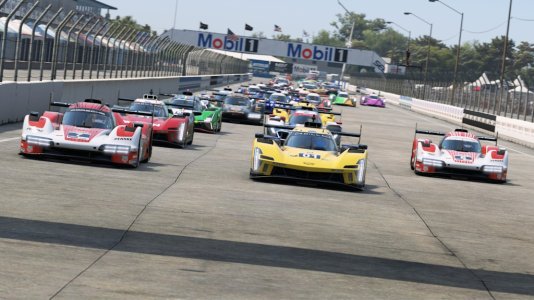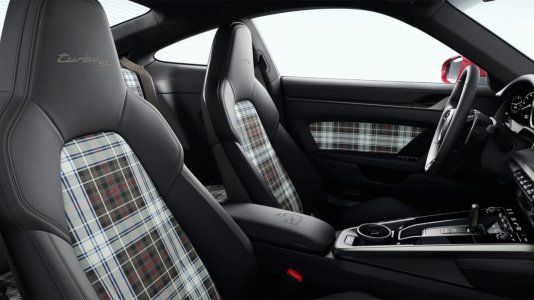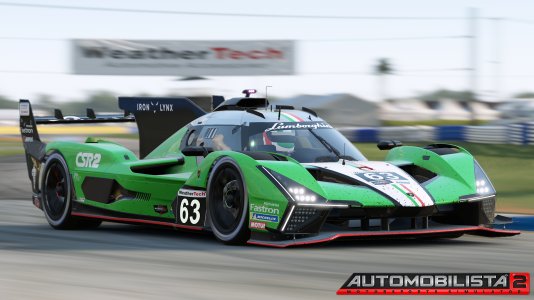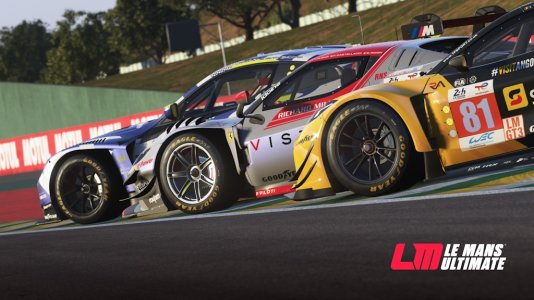Is your opinion/guarantee based on personal experience? If so, when? I'd agree with you that in the early days of water cooling there seemed to be a lot of pump failures and leaks from AIO coolers. Now, however, you're probably no more likely to have an AIO cooler fail than you are to have a PSU fail. There's a reason that Corsair offers the same warranty as Noctua (5 years) - they have faith in the reliability of their products. I've got absolutely nothing against air coolers, I just prefer water.
Yes, based on personal experience and of friends.

We've got a circle of fairly experient people (some around the custom stuff since the 90s) who work(ed) on PC shops, where also repairs are made, as well from IT backgrounds.
I'd gladly share all stories I've witnessed but, as you've seen with my style of forum posting (long walls of text) the internet isn't big enough!

What I can say is that I've seen enough misery situations (motherboards kaput with coolant leak, CPU overheating because of dead pump, faulty radiators, list goes on and on), including with two PCs of my own.
That's why I now avoid liquid-cooling and
always recommend good air-coolers, every single time, for most users (including those overclocking).
Comparing to modern PSUs is not really the same.
PSUs have standards (80+ Bronze, Silver, Gold, Platinum, etc) which are taken very serious from the better brands. You have to be really,
really unlucky if a good quality PSU effs up (on its own) your PC component these days.
There is no legislation or standard control like that going on with liquid-cooling (AFAIK).
You see, you have to have a PSU, it's a necessity on any PC system. You do not have to have an AIO, it's not a necessity at all (more like a "tuning" part thing for PC geeks).
More over, and AFAIK, most -if not all- of the current AIOs are variations of the very same old design patent of pump, hooses and radiator (possibly least problematic and most cost effective from all available) dating ages ago, because of monetary and patent register issues.
For example, google search articles on "
Asetek watercooling patent" (which I think still stands) and you may understand some of the BS that has been happening.
AIOs have certainly improved (around same design), and the RMAs on recent AIOs seem now far less frequent than with much older ones (going back a decade). But that's the problem - they still happen.

Usually the warranty (if still going!) is honored, but the issue is when sh!t happens to the rest of the components (motherboard and etc) - good luck with the manufacturer taking full responsability.
With one of my friends, one of two AIO hooses got loose at the socket joint part (correct english term?) and spilled all the coolant on the motherboard. Luckily the PC was off, the chassis was a sort of test bench (horizontal position), and only the motherboard was damaged (no repair possible). The thing is.... it was an Asus X99-Deluxe... a 350,00+ Euros motherboard (...OUCH!!!).
There is nothing wrong if your prefer AIOs, its appeal is understandable.
But the simplicity and reliability of a good and modern air-cooler is unparalled - as much as anyone tries to defend AIOs, they still can't even compare there.
Personally, I'd rather use a good air-cooler, which -if that much- in comparison will get ~5ºC worse temp in CPU (meaningless in true use case terms) and be completely safe with it, forever. Not to mention the obvious fact that one pays far less when purchasing an air-cooler (money that can be used for other important component).












